Usually, people think it is possible to save money only after securing a pay rise or extra income. This is a financial misconception. There are several straightforward and effortless ways to save money.
Try No-Spend Day Challenge

Keep a no-spend day every week. Make sure to stock essential items a day ahead. Refrain from buying non-essential items on this day. Invite family and friends to join this challenge to make it more fun!
Cancel Unnecessary Subscriptions

51% of Americans end up with unwanted charges on subscriptions. Another survey found that 71% of Americans waste over $50 every month ($600 annually!) on unwanted subscription fees. Weed out the subscriptions that are no longer in use.
Get a Library Card

One can get books, magazines, internet access, laptops, and many other things from a library. Apply for a library card to get easy and affordable access. Why buy when one can borrow?
Show Love to Pre-Loved Items

One can save hundreds of dollars on pre-loved items such as apparel, toys, furniture, electronics, musical instruments, sports gear, and bikes. 93% of Americans now shop for secondhand items online.
Cook at Home

Cooking seems to be a tedious chore in the early mornings or after all day’s work. However, a home-cooked meal is much cheaper and healthier than eating out. Plan brown bag lunch days for the office or school.
Quit Bad Habits

Bad habits such as smoking, drugs, and excess consumption of coffee, soda, or alcohol can lighten one’s wallet. The health insurance premiums and hospital bills can go up, too. One should quit these habits before they break their bank balance.
Unplug Vampire Devices
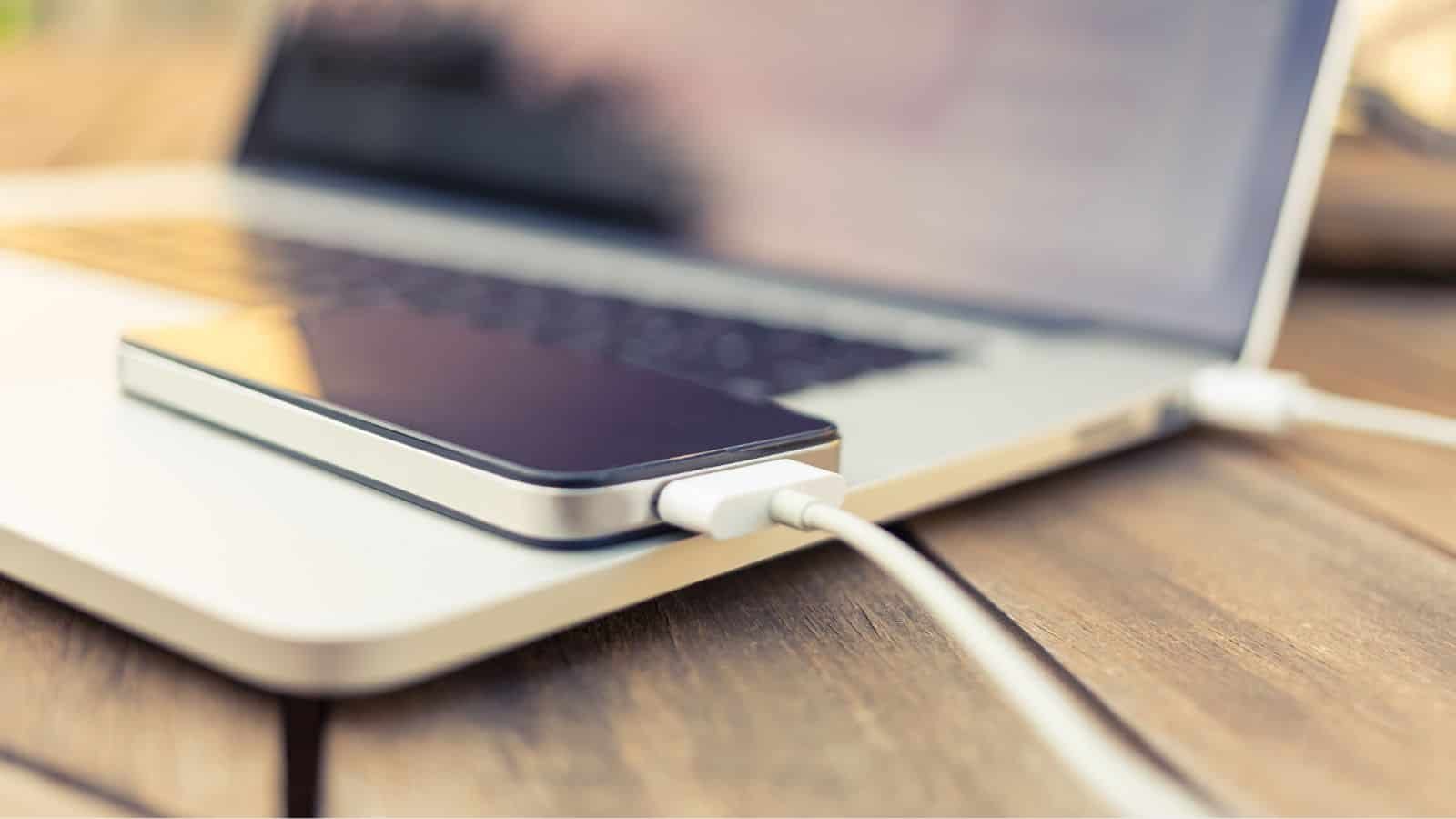
Vampire devices are electrical devices that consume power on stand-by mode or even after they are turned off. For example, a plugged-in phone charger isn’t charging any device. Managing vampire loads can save up to $200 in yearly energy costs for an average American home.
Use a Clothesline
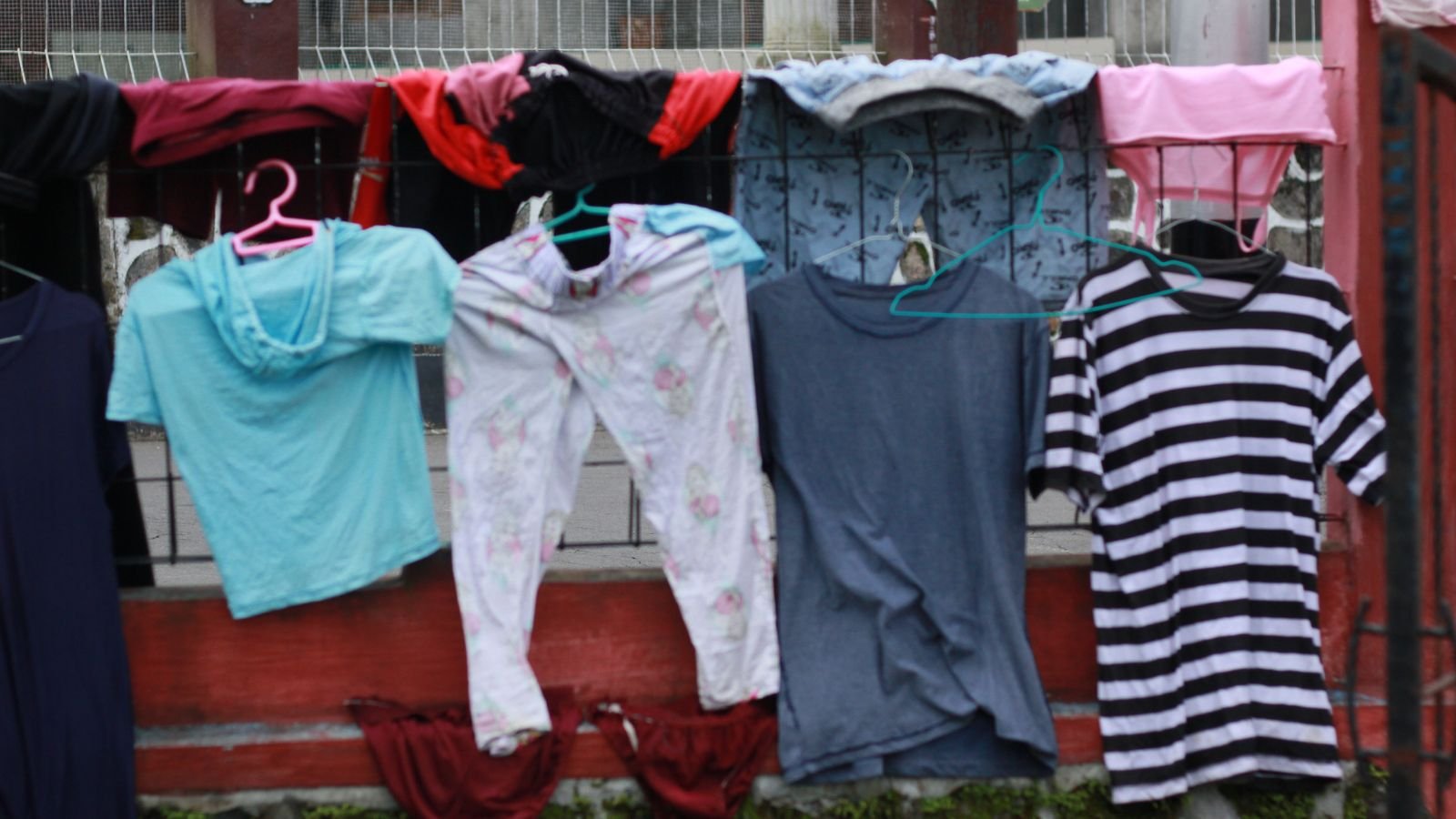
Hang the clothes on a traditional clothesline. It can cut down power bills and the cost of dryer sheets. The lifespan, color, and brightness of clothes will also last longer!
Prepare a Shopping List
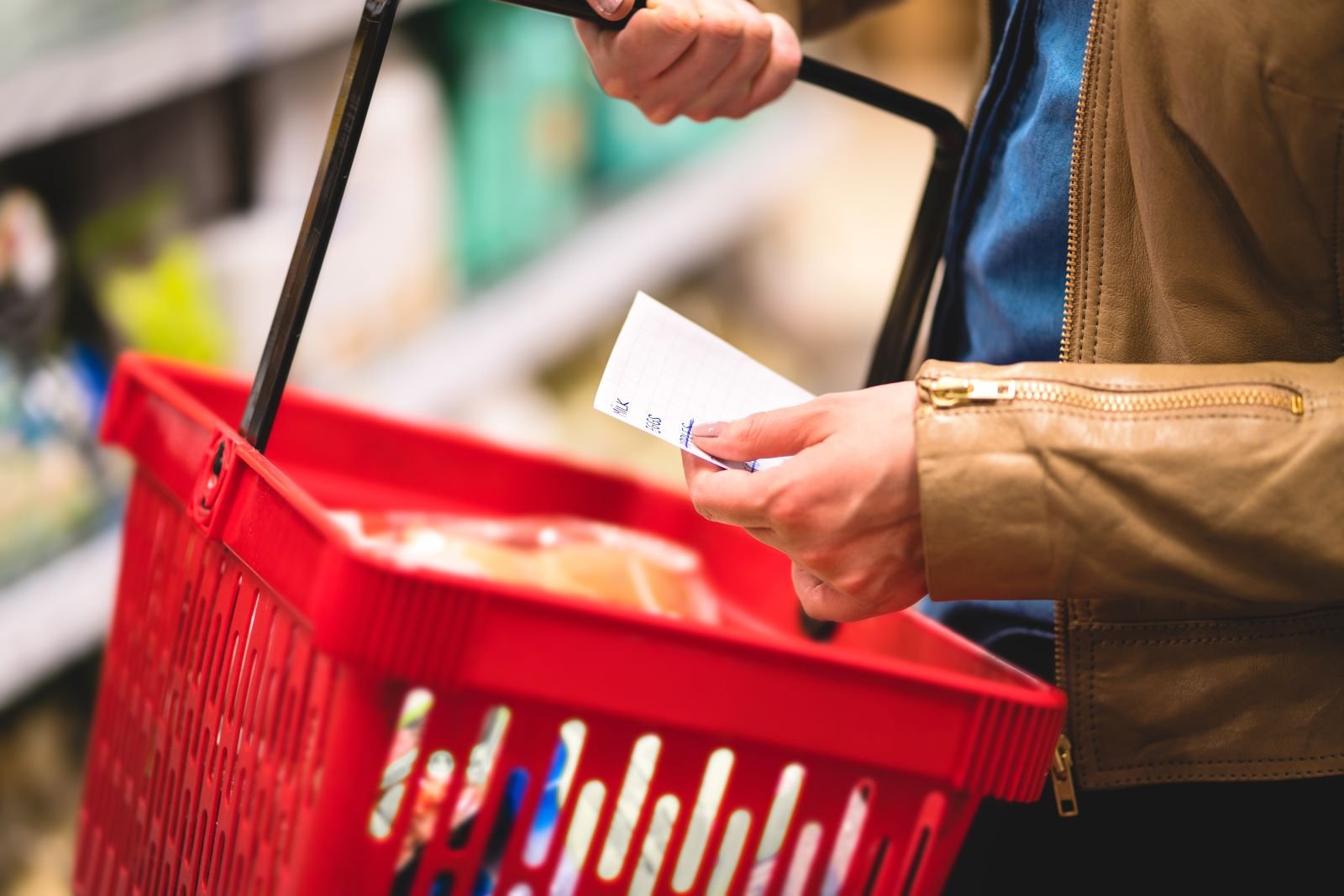
A shopping list helps prioritize spending and avoid impulse purchases. It will also reduce food waste, a hidden cost nobody pays attention to.
Shop for Generic Brands

45% of Americans have started shopping for generic brands to combat food inflation. Generic brands are less expensive and as good as name brands or designer brands.
Save $1 Bills
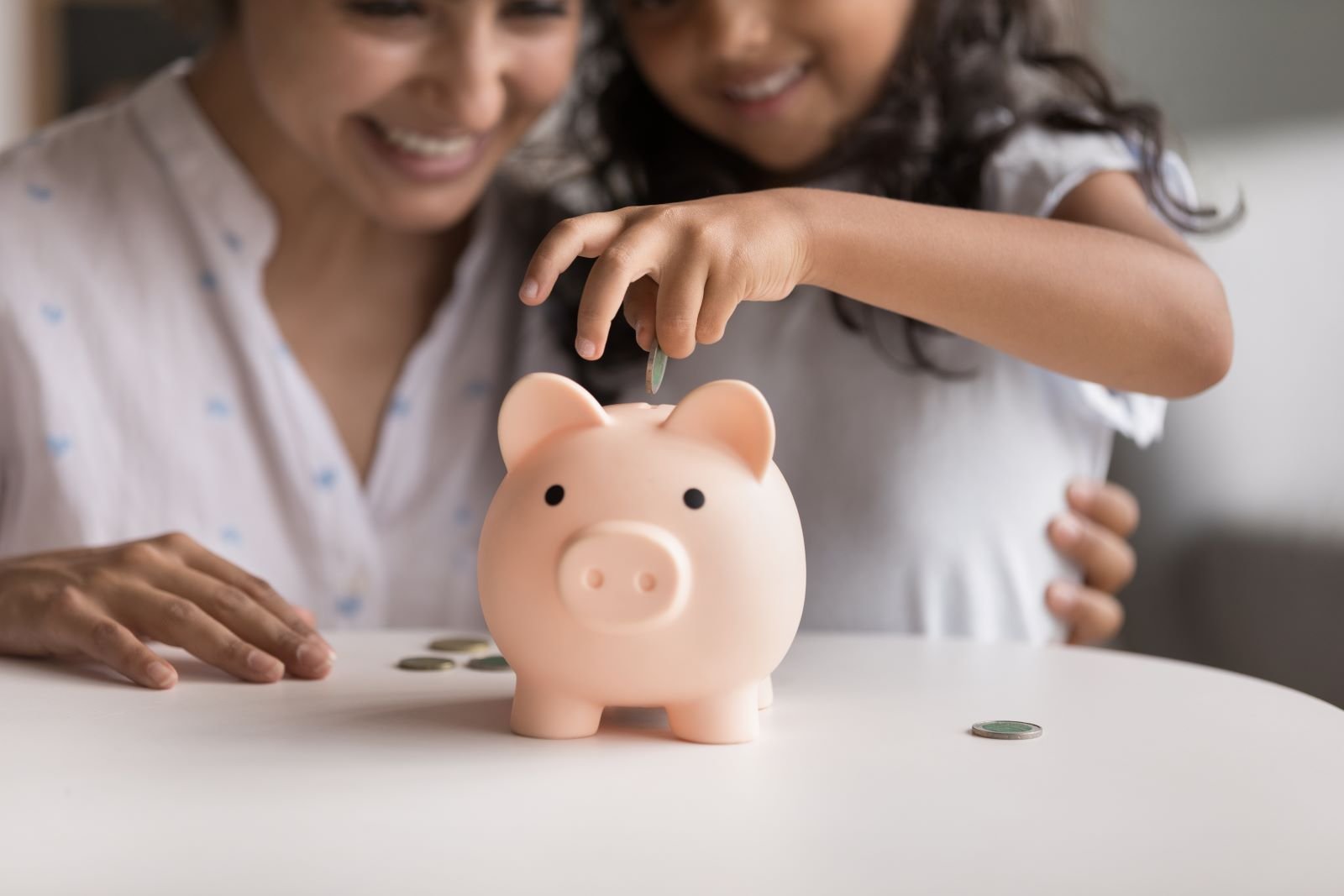
Put all $1 bills from the wallet or that are lying around the house in a jar or a piggy bank. Be surprised with the power of every dollar saved when the bills add up quickly to a more significant amount.
Leverage Special Discounts

Many retail stores and service providers offer special discounts to students, employees, and specially-abled people. Do not let go of this privilege to save money.
Leave Items in E-Shopping Cart
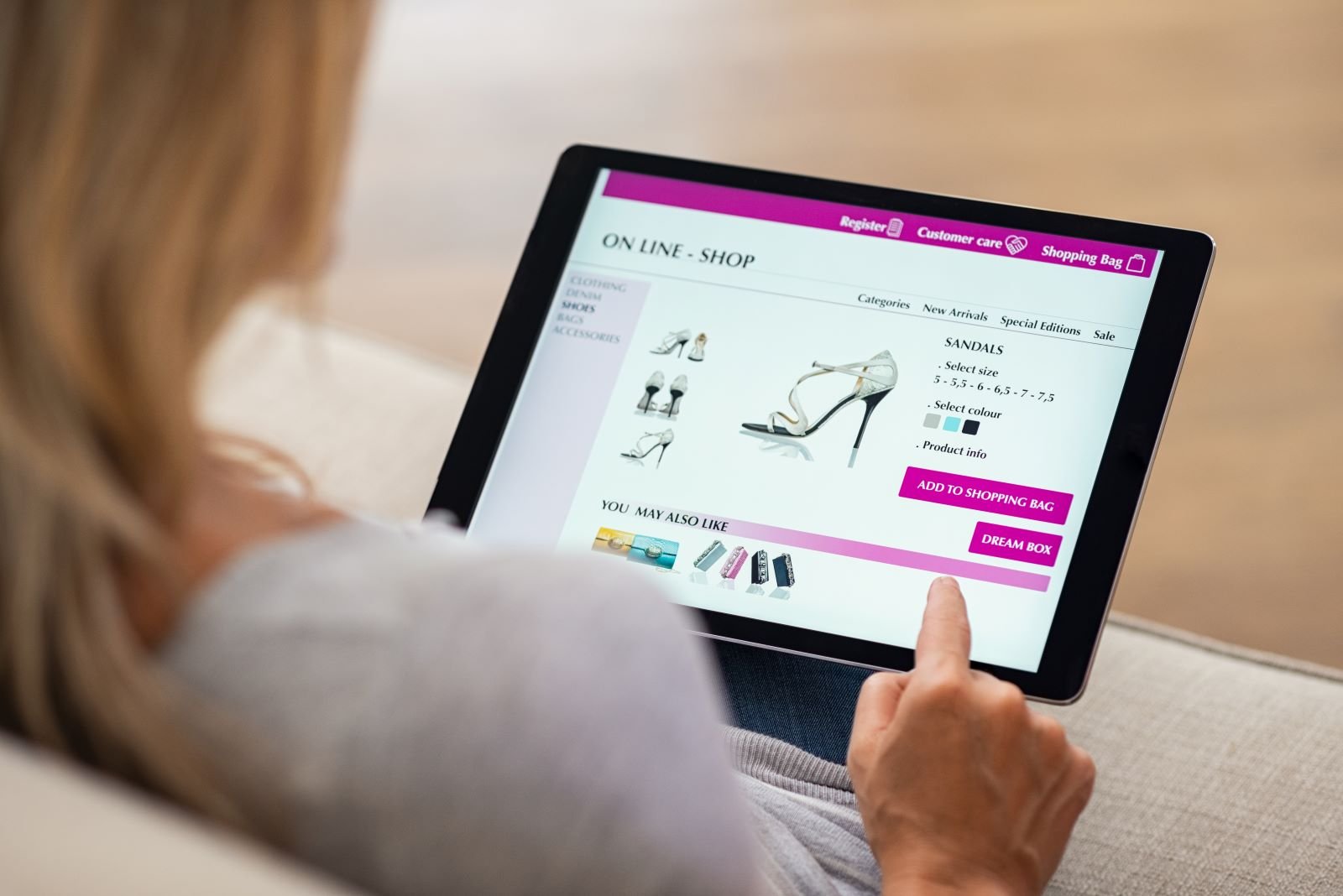
Keep the items in the cart for 24 hours or a week when shopping online. There is a high probability that one will get an ‘abandoned cart email’ from the online retailer offering a discount, a freebie, or free shipping to lure into completing the purchase.
Carry a Reusable Water Bottle

Tap water at $0.02 per gallon is 3000% less expensive than bottled water at $0.64 per gallon. Research says that bottled water is 3500 times more harmful than tap water. Tap water is affordable and healthy. A reusable water bottle will do one’s wallet and health some good.
Carry Reusable Shopping Bags and Containers

Several brick-and-mortar stores charge a fee from customers for paper and plastic bags. These few cents can add up to a good chunk of money over the year. Switch to reusable shopping bags to save money and the environment. Carry refill mugs for coffee and refill containers for takeaways, bulk food, laundry detergents, soap, skincare products, and other loose products.
Make Cleaning and Personal Hygiene Supplies at Home

Make DIY and chemical-free cleaning solutions, laundry detergents, soaps, and body lotions with readily available ingredients at home. One can save money on buying these products and earn from selling them.
Use Cash Back Apps

Mobile apps such as Rakuten, Payce, RetailMeNot, Upside, Ibotta, and Dosh can help one get cash back on everyday purchases. Redeem the cash back points, coupons, or rewards for subsequent purchases or gift cards.
Use Cash Instead of Credit Card

Research shows that people are likely to spend less when they pay with cash instead of credit cards. Carrying large bills such as $50 or $100 is also recommended. A psychologist says that people tend to think twice before breaking bigger bills because they see them as ‘special money’.
Reduce Fuel Cost
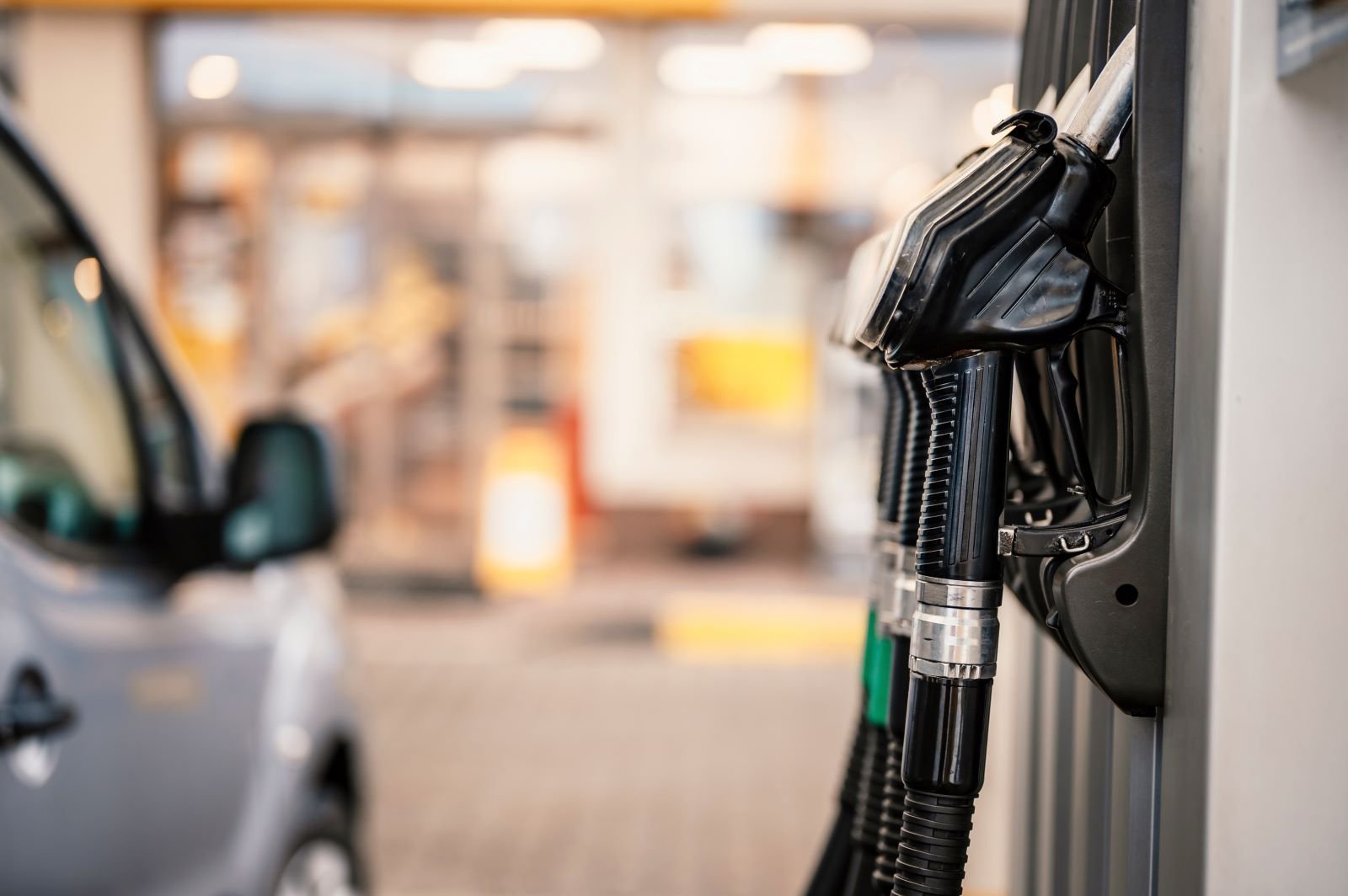
Public transport, carpooling, or non-fuel transport such as bikes can save the planet and money on gas. When driving a car, keep the speed slow. Every 5 mph of driving over 50 mph is equivalent to paying $0.30 more per gallon of gas.
Automate Savings

Schedule an automatic transfer of a small sum of money from paycheck to savings or retirement account. This is based on the personal finance rule ‘pay yourself first’. One can inculcate financial discipline and establish consistency in savings with this financial habit.
